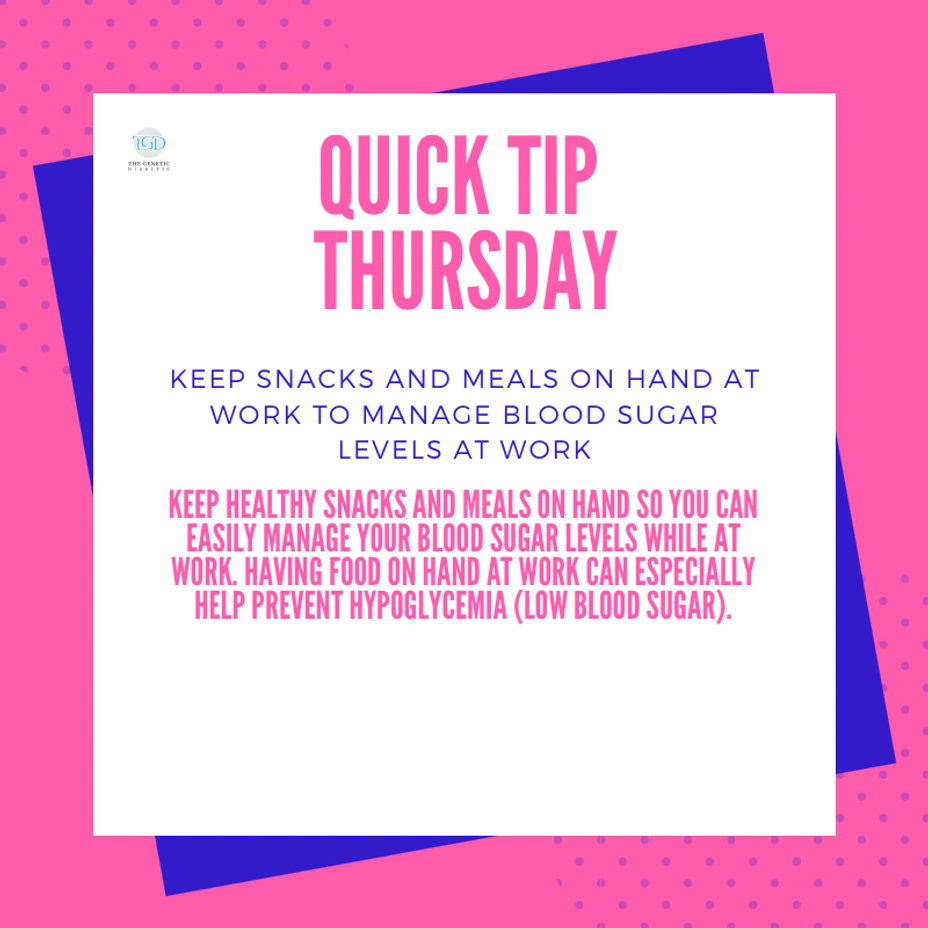When I was doing the research for my book “Love, Hope, Lyme: What Family Members, Partners, and Friends Who Love a Chronic Lyme Survivor Need to Know,” I was unaware that a tick can transmit additional diseases known as coinfections. Coupled with Lyme disease, the coinfections can make managing a person’s health very challenging to say the least.
On the Love, Hope, Lyme podcast, GLA CEO Laura MacNeill discussed the coinfections and the difficulties in managing them. We discussed the work GLA is doing to improve treatment, diagnostics, and patient care for those who have these diseases, most commonly Bartonella and Babesiosis.
“You can get multiple coinfections from one tick bite, or you might get several bites. I’ve heard stories from people who have encountered tick nests, and they find hundreds of them at once. You need to be aware that these coinfections are not going to all have a bullseye rash, which is sometimes a key sign that you have been bitten by a tick. It’s going to be a very complex treatment process for you to go back to health if you have multiple things happening at once,” she said.
The two most common coinfections are Bartonella and Babesiosis. Unlike the bacteria borrelia burgdorferi that causes Lyme disease, these two are caused by parasites that also are transferred from a tick bite.
“This parasite destroys your red blood cells and leads to symptoms such as air hunger, which is the need to take a deep breath all the time. You can have lightheadedness and feel weak. Other common symptoms are high fever, night sweats, headaches, chills, and maybe even hypoglycemia,” she said. “You’re very sick if you’ve been infected with Babesiosis, especially in the later stage of that parasite infection.”
The challenge in treating these parasitic coinfections has led to GLA funding specific research for treatment.
“Antimicrobial drugs are used for treatment and are often administered in conjunction with homeopathic remedies. They can have some severe side effects. There’s a risk of drug resistance that can be developed, and they may or may not completely eradicate the full parasite,” she said.
To discover better treatment approaches, MacNeill said that GLA is supporting Dr. Choukri Ben Mamoun at Yale in his research.
“It’s a dual therapy approach. What his study highlighted that if you put two different drugs together, the antimalarials tafenoquine and atovaquone, to treat Babesiosis in mice, they have the potential for not only a complete cure, but they show immune protection against reinfection of the Babesia parasite. He’s been able to show that in mice, but then outside of a human host, just in the lab, he’s been able to show that this combination effectively kills three diverse Babesia species. It’s very exciting,” she exclaimed.
“This is very promising, but it doesn’t work for everybody. We need more research and more resources around this work so that we can further the research into clinical trials and continue to resolidify these amazing results he’s had in mice,” she said.
“Bartonella is a stealthy pathogen with a very slow growth period, which gives it the ability to evade detection for a very long time,” she said. “This can cause a range of symptoms including high fever, enlarged lymph nodes, to severe chronic illness that can infect multiple organ systems.”
“Plus, there’s also neuropsychiatric implications with Bartonella as the infection can get into your central nervous system. Testing can become very challenging, and you can have a lot of false negatives with Bartonella,” she said.
“If you think that this might be something you’re exposed to, you must be your own advocate to continue to get testing. Unfortunately, right now, the only good test we have is just going to be looking for it in your bloodstream,” she said.
“We need to have a better diagnostic for Bartonella, so we recently initiated funding for what we’re calling the Bartonella Discovery Project. The study aims to unveil these various hiding spots within the body, including the heart tissue, tissue in the brain, and find if bartonella is inside the cells or is it outside of the cells, or is it in the biofilms within those tissues? They are taking a deep look at where it is when it’s inside the tissues and not in the bloodstream, so we can better understand and find it,” she said.
MacNeill said this research is being done with Dr. Monica Embers at Tulane University, a specialist in Borrelia burgdorferi and Lyme disease.
“She’s evaluating antibiotic efficacy against Lyme disease, identifying treatments to eradicate Lyme disease and other infections, and looking at infections and looking for a cure for all of this. Over the years, she’s expanded her research to include Bartonellosis.”
MacNeill said, “You must have the resources available for scientists to even begin setting up a lab and setting aside a couple of years of their professional life to look at this. The GLA is providing those resources so that the scientists can choose Lyme disease and Babesia work. For GLA, that only happens through generous donors. We’re fully funded by the generosity of individual, corporate, and family foundations. Every gift that’s given helps us say yes to projects like Choukri’s, which is making a huge difference.”
“So many people are sick right now, and they can’t quite clear it with the current treatment. We’re talking 10s to 20s millions of dollars to be able to get it from what we know now, to get it to a clinical practice where you walk in your MD’s office and they say, “Here’s your combination therapy. You’re going to be just fine.”
“We continue to push forward our mission so that we can get these drug therapies to the doctor’s office with great understanding, so Lyme survivors don’t have to worry about it anymore,” she concluded.#


